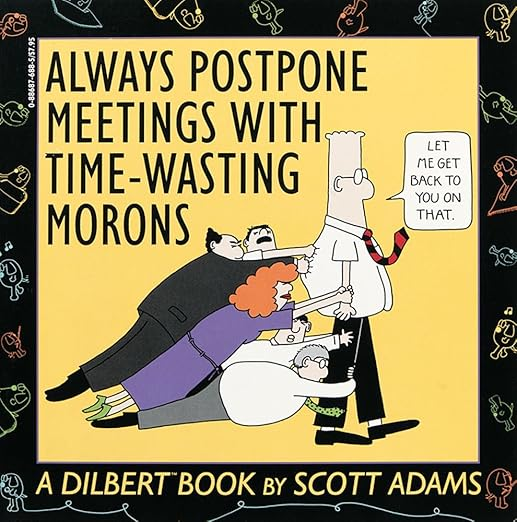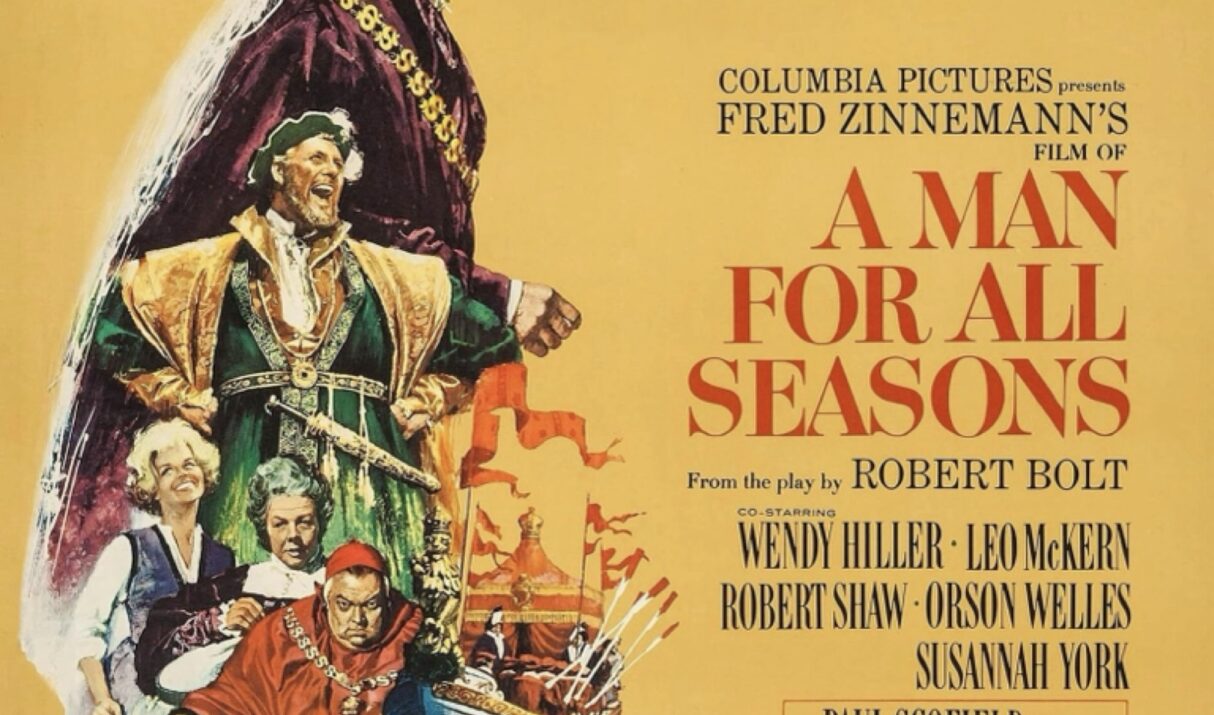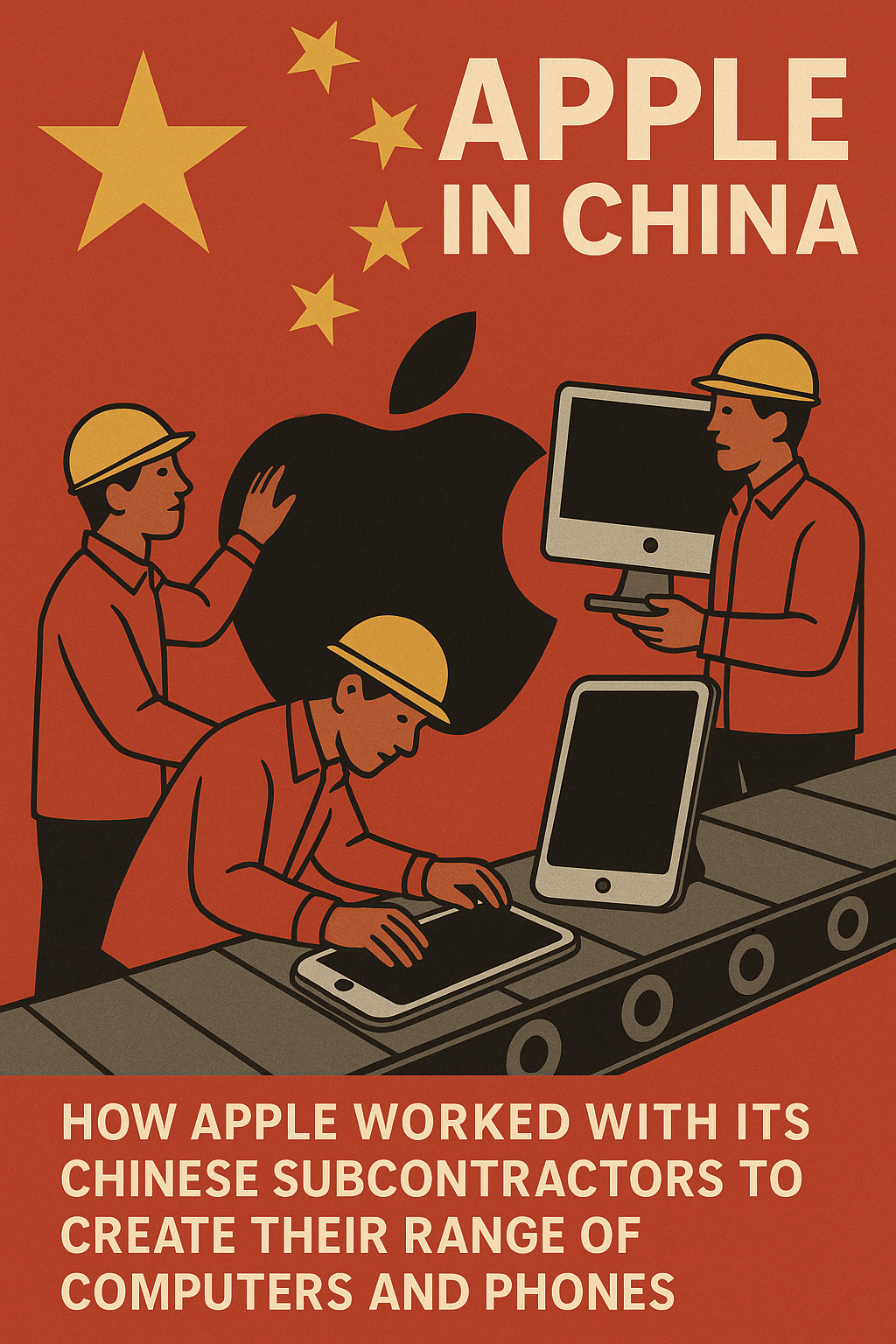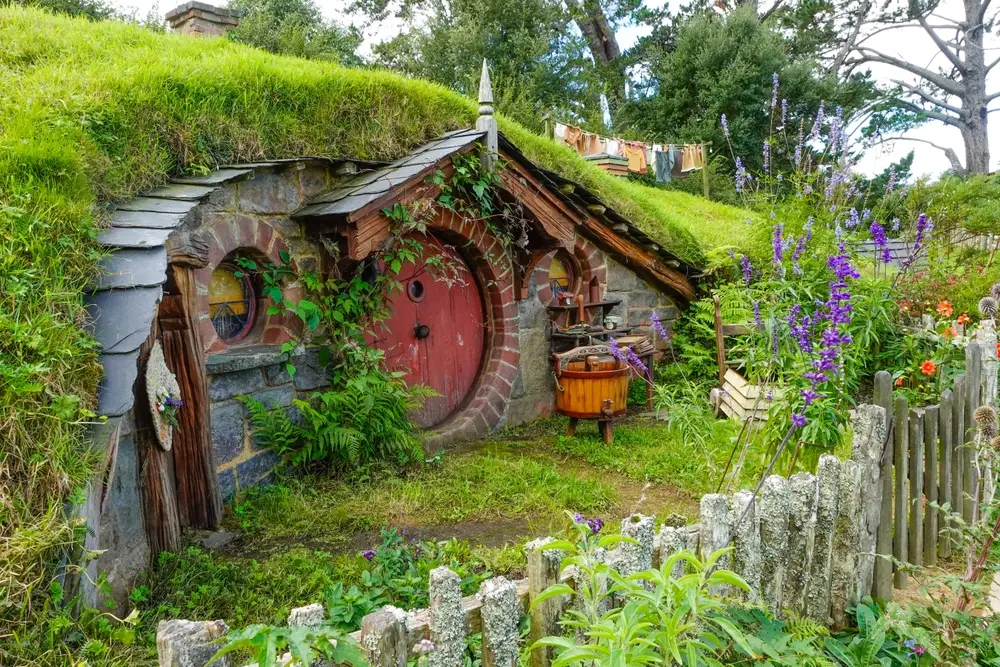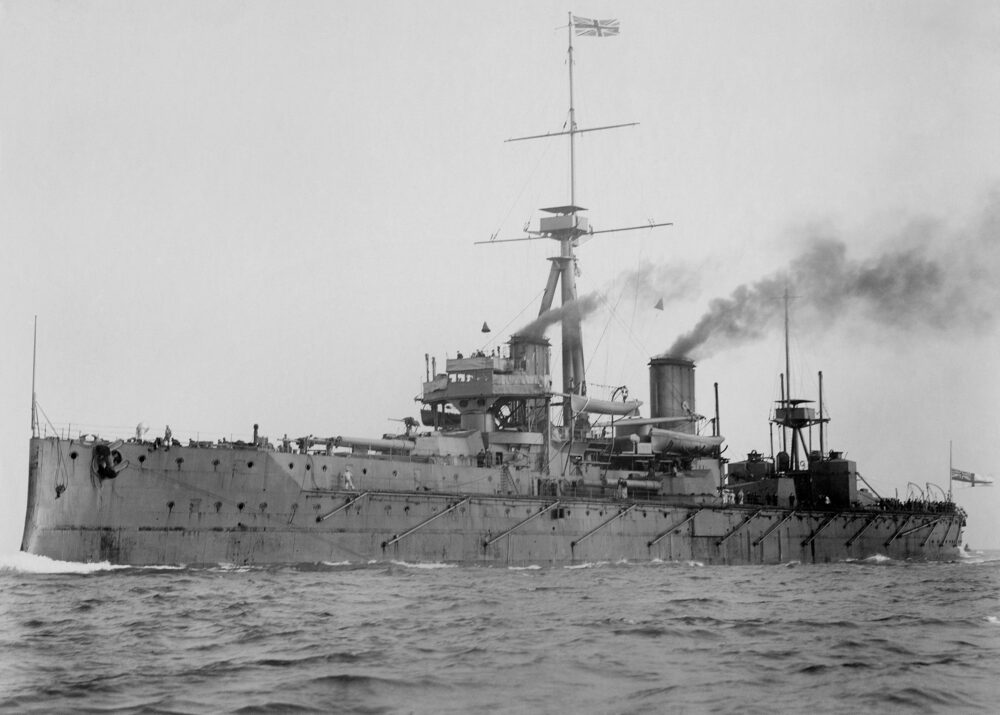I find myself surprisingly sad about the death of disgraced cartoonist Scott Adams. He has given me a lot of entertainment over the years but his political views were extremely questionable.
A Man for all Seasons tells us about Tudor politics but also about the modern world and how it has changed.
Apple’s rise to becoming the most powerful corporation on the planet relied heavily on China. But it’s had some other even more important effects.
The Hobbit works as both Christian allegory and socialist parable because both share similar moral values about justice and fairness. Thorin’s deathbed words—valuing “food and cheer and song above hoarded gold”—perfectly summarise socialist principles. Great stories transcend their authors’ intentions, allowing readers to find their own meaning.
With all the focus on Trump’s eccentric policies and approach, it’s easy to miss the one that is most potentially disatrous.
Smaug represents the ultimate capitalist monopolist—hoarding all wealth while producing nothing, creating economic depression across the region. His “Desolation” shows capitalism’s endgame: zero liquidity, no growth, just accumulated capital sitting unused.
